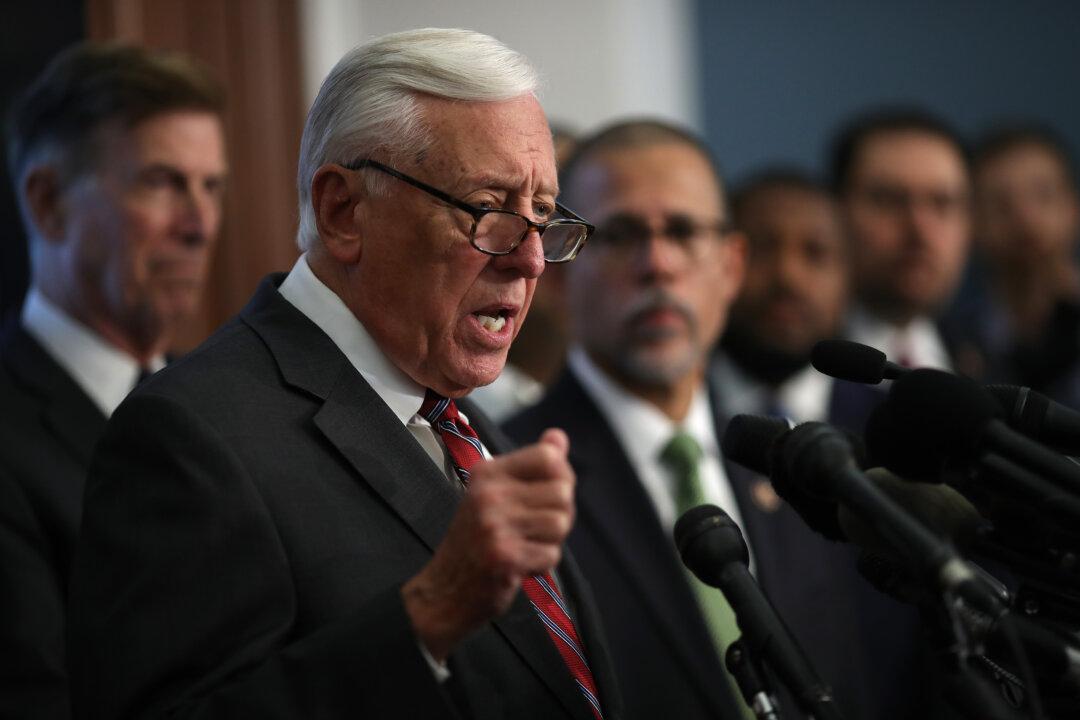House Majority Leader Steny Hoyer (D-Md.) said the House should vote on a pandemic relief bill even if it does not receive bipartisan support.
Hoyer told reporters that he hopes for a bipartisan deal on more stimulus funds that could pass in the Republican-controlled Senate and won’t be vetoed by President Donald Trump.
“There may not be any agreement; there may not be an ability to put a bill together in that time frame. But I have been urging for some weeks that we do an alternative response to the Senate,” Hoyer said, reported The Hill.
“Not because I think we ought to negotiate with ourselves,” he added, saying Speaker Nancy Pelosi (D-Calif.) “has set the amount of resources that we’re prepared to deal with. And I think we ought to put that into legislation and ... give it to the Senate. The Senate will do with it what they will, but I hope they will pass it and send it to the president and he'll sign it.”




